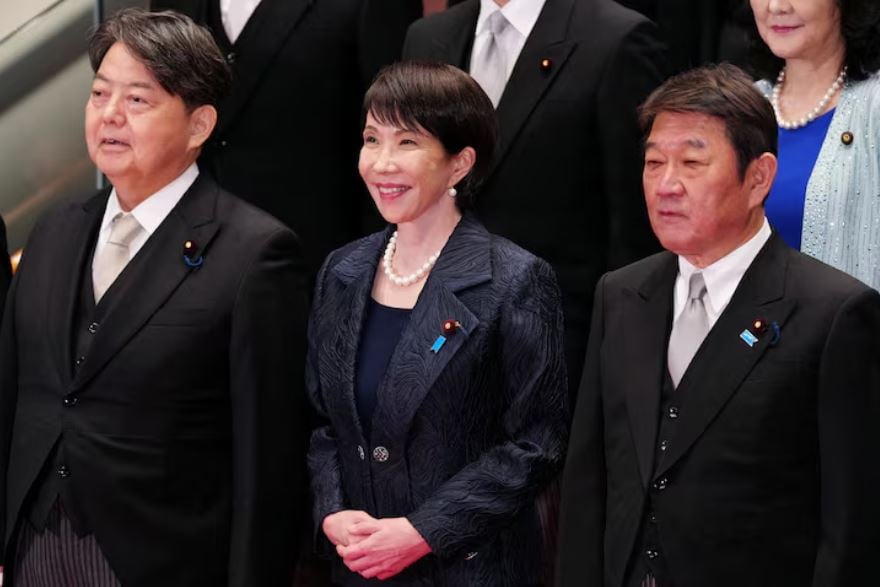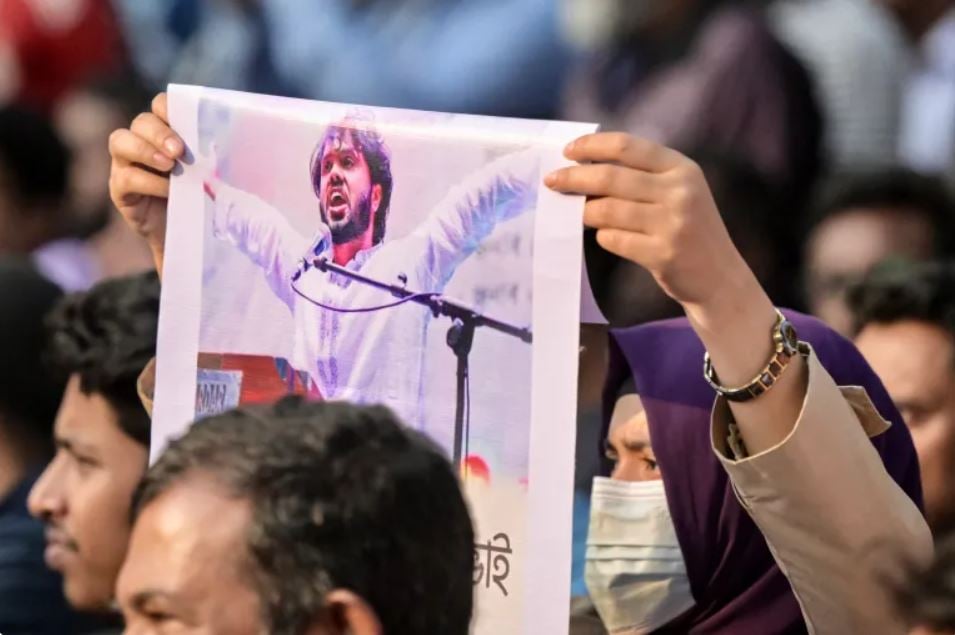Abdulla Shahid, the former Foreign Minister and current president of the Maldivian Democratic Party (MDP), has voiced serious concerns regarding recent amendments to the Foreign Exchange Regulation and the money-exchanging Business Regulation. These changes, according to Shahid, were implemented without proper consultation with key stakeholders and relevant authorities.
In a statement posted on social media, Shahid highlighted the potential risks these regulatory amendments could pose to the Maldivian economy, particularly its largest sector—tourism. He underscored the importance of ensuring that the government consults with vital industry players, such as resorts, guesthouses, and live boards, as their concerns and feedback are critical for policy-making in areas directly affecting their operations.
The Maldives' economy is heavily reliant on tourism, and any disruption or poorly thought-out change in foreign exchange policies could significantly impact the industry. Shahid warned that, instead of resolving existing problems in the financial sector, these amendments could inadvertently cause further damage to the broader economy.
As the country continues to debate the implications of these amendments, Shahid's remarks underscore the necessity of transparency and dialogue between the government and industries in navigating the complex dynamics of the Maldivian economy.
In a statement posted on social media, Shahid highlighted the potential risks these regulatory amendments could pose to the Maldivian economy, particularly its largest sector—tourism. He underscored the importance of ensuring that the government consults with vital industry players, such as resorts, guesthouses, and live boards, as their concerns and feedback are critical for policy-making in areas directly affecting their operations.
The Maldives' economy is heavily reliant on tourism, and any disruption or poorly thought-out change in foreign exchange policies could significantly impact the industry. Shahid warned that, instead of resolving existing problems in the financial sector, these amendments could inadvertently cause further damage to the broader economy.
As the country continues to debate the implications of these amendments, Shahid's remarks underscore the necessity of transparency and dialogue between the government and industries in navigating the complex dynamics of the Maldivian economy.


















